AS 2024 draws to a close, it’s time to assess why most Bollywood releases this year failed miserably and explore the reasons behind the poor quality of films.
In recent years, the industry has seen such a steep decline that this might be the worst era for Hindi cinema in terms of quality. A key answer lies within the compelling threepart documentary Angry Young Men, streaming on Amazon Prime since August.
The documentary chronicles the journey of legendary writing duo Salim-Javed, from their modest beginnings to their transformation of Hindi cinema with game-changing films. Their work not only helped Amitabh Bachchan rise to become Bollywood’s greatest star but also introduced new genres, crafted stars, and influenced generations of filmmakers.
The series features insights from Bollywood icons such as Jaya Bachchan, Salman Khan, Karan Johar, Aamir Khan, and Rajkumar Hirani. It reveals how Salim-Javed’s scripts for films like Zanjeer, Deewaar, Sholay, Trishul, and Don became the foundation for blockbuster success.
Amitabh Bachchan in DeewaarThe documentary underscores the critical role of writing in filmmaking. Salim-Javed’s influence was so profound that they earned more than lead actors – an unprecedented and unmatched feat in Bollywood. The golden era of the 1950s also placed similar emphasis on good writing, and although Salim-Javed were inspired by global sources, they skillfully adapted stories to resonate with Indian audiences.
However, instead of building on this legacy, today’s Hindi film industry has marginalised writers, a theme explored in the documentary’s final segment. It highlights how current writers are poorly compensated and undervalued, despite the fact that a film’s soul lies in its screenplay. Filmmaker Dibakar Banerjee remarks that many talented writers, unable to sustain themselves, turn to directing – resulting in a loss of strong writing talent and, often, mediocre direction.
Salim Khan and Javed AkhtarAamir Khan, in the documentary, argues that today’s writers don’t deserve to earn more than lead actors, as none have reached Salim-Javed’s stature. However, this argument misses the point entirely. The industry needs to shift its focus and start paying talented writers what they deserve, rather than prioritising elements like costumes, locations, and music. Strong writing can elevate a film beyond the need for extravagant trappings, whereas even the best production elements cannot rescue a poorly written story – a fact demonstrated by the string of high-profile flops Bollywood has seen recently.
If producers, powerful stars, and filmmakers recognise how important good writing is, Hindi cinema has a chance at revival. A good starting point would be to watch Angry Young Men and reflect on the enduring legacy of Salim Khan, Javed Akhtar, and other brilliant writers from Bollywood’s golden era.
Addressing issues like nepotism and restoring the value of storytelling could mark the first step toward much-needed recovery for an industry struggling to regain its footing.






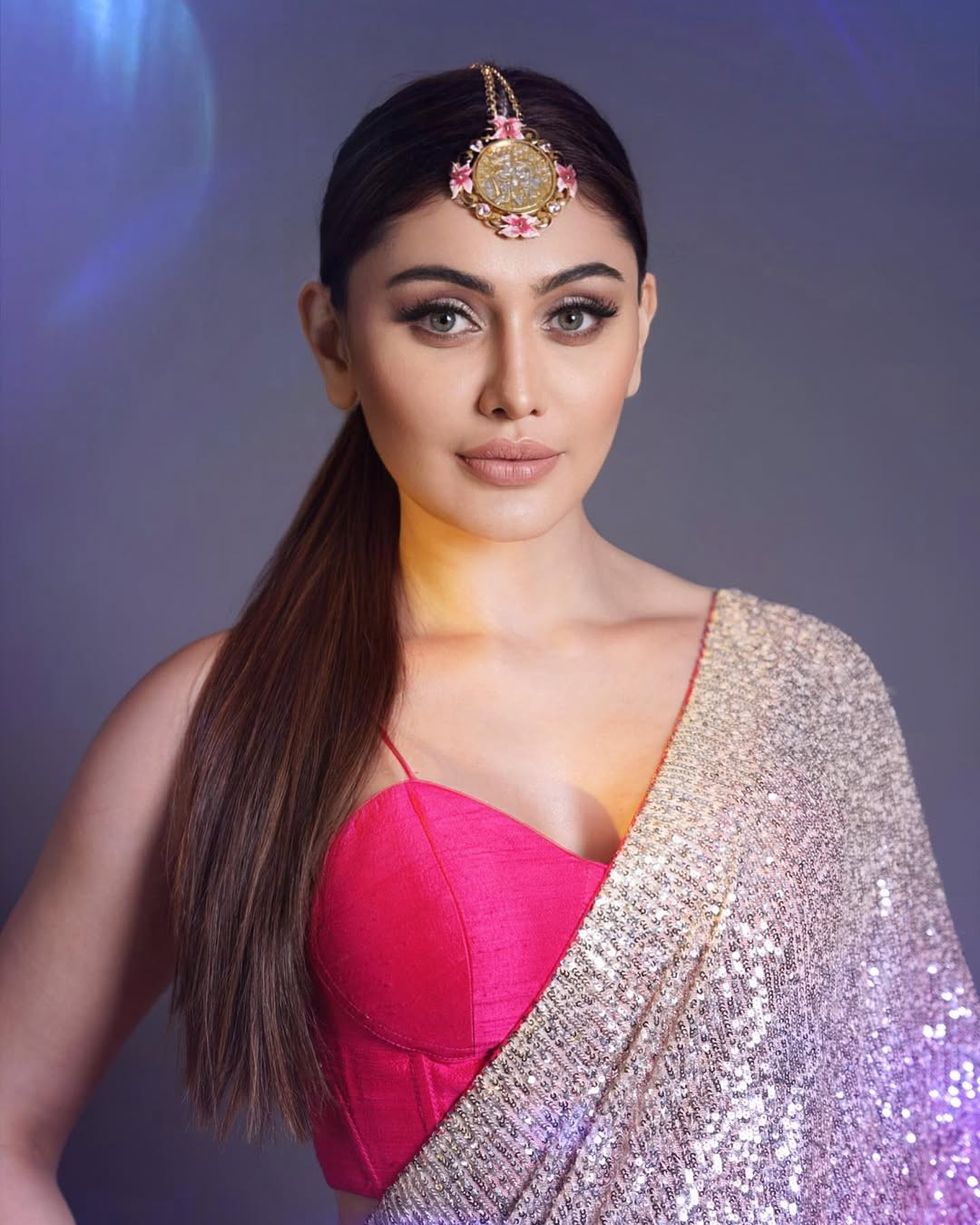 Shefali Jariwala death raises concern over anti ageing drugs and self medication Instagram/shefalijariwala
Shefali Jariwala death raises concern over anti ageing drugs and self medication Instagram/shefalijariwala 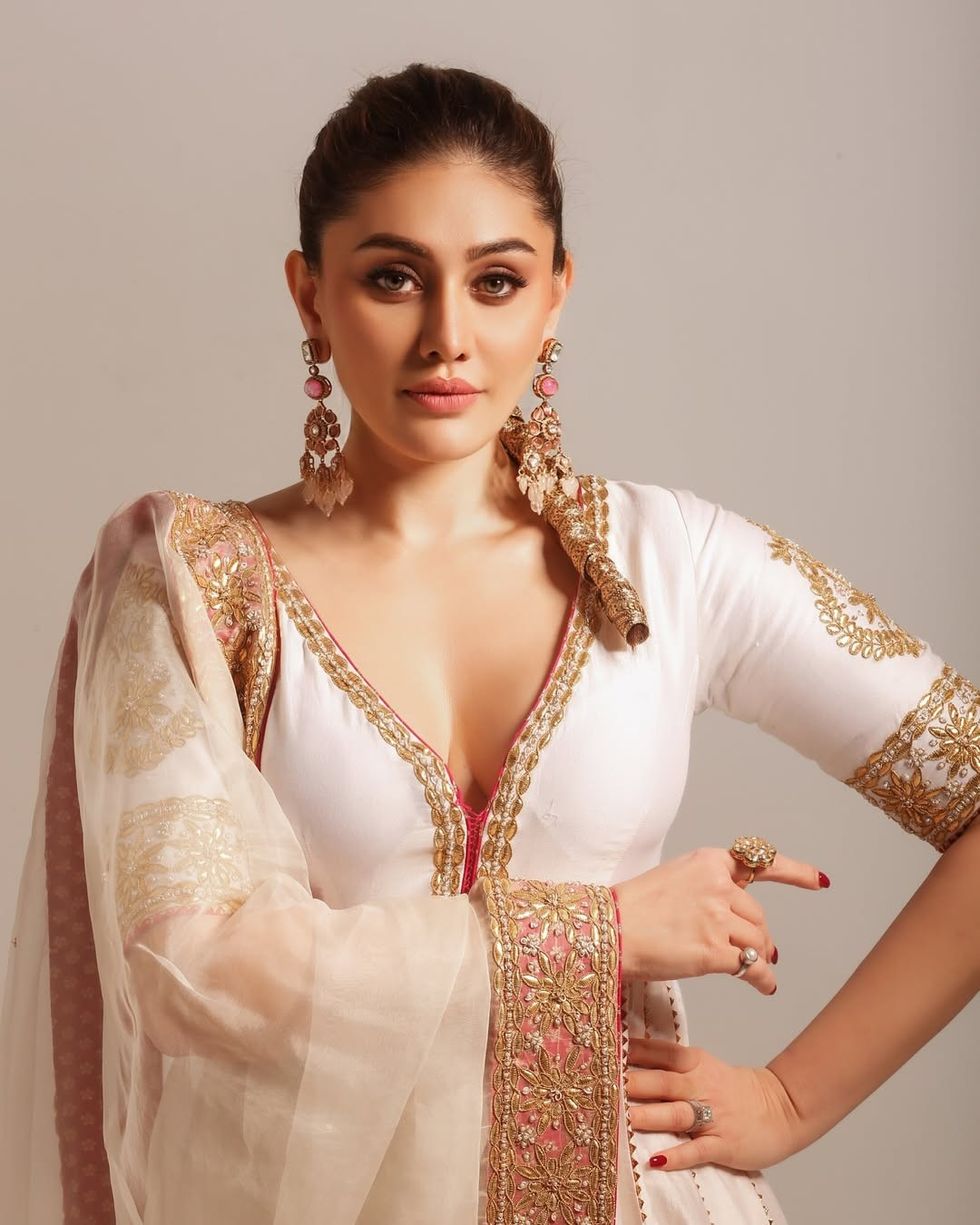 Anti ageing pills found at Shefali Jariwala home spark health safety debate Instagram/shefalijariwala
Anti ageing pills found at Shefali Jariwala home spark health safety debate Instagram/shefalijariwala 








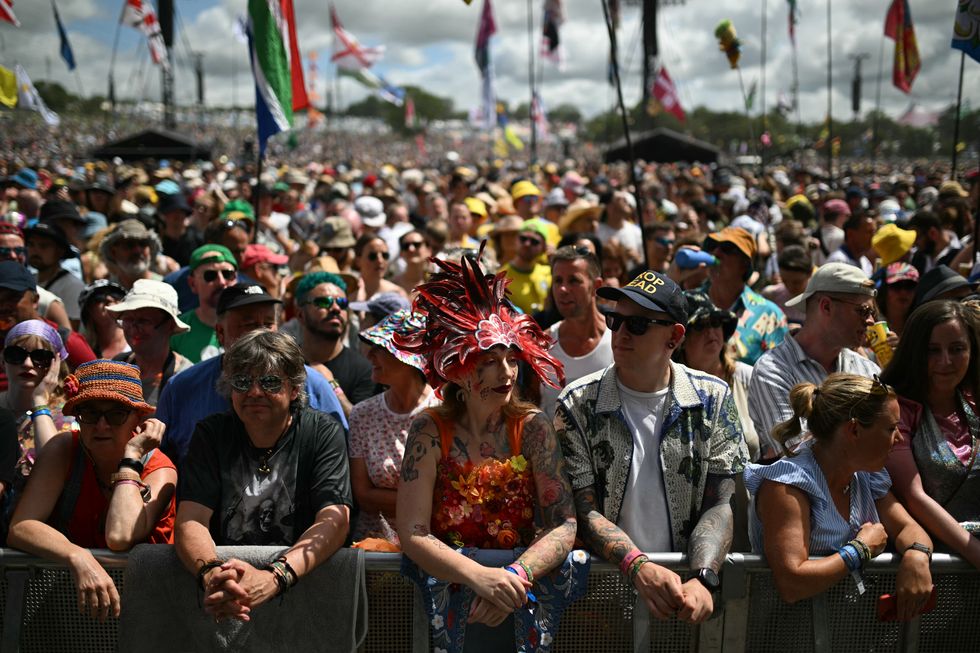 Festival goers at Glastonbury festival 2025Getty Images
Festival goers at Glastonbury festival 2025Getty Images  Pyramid Stage crowd swells ahead of the mystery Patchwork act rumoured to be Pulp Instagram/
Pyramid Stage crowd swells ahead of the mystery Patchwork act rumoured to be Pulp Instagram/ Kneecap welcome as political tension surrounds their setGetty Images
Kneecap welcome as political tension surrounds their setGetty Images Crowds of festival-goers fill the pathways during day three of Glastonbury festival 2025Getty Images
Crowds of festival-goers fill the pathways during day three of Glastonbury festival 2025Getty Images 
 Daniel Craig poses as James BondGetty Images
Daniel Craig poses as James BondGetty Images  James Bond casting shortlist revealed with Tom Holland Jacob Elordi and Harris Dickinson in leadGetty Images
James Bond casting shortlist revealed with Tom Holland Jacob Elordi and Harris Dickinson in leadGetty Images Is this the youngest James Bond yet as Tom Holland Harris Dickinson and Jacob Elordi lead casting rumoursGetty Images
Is this the youngest James Bond yet as Tom Holland Harris Dickinson and Jacob Elordi lead casting rumoursGetty Images
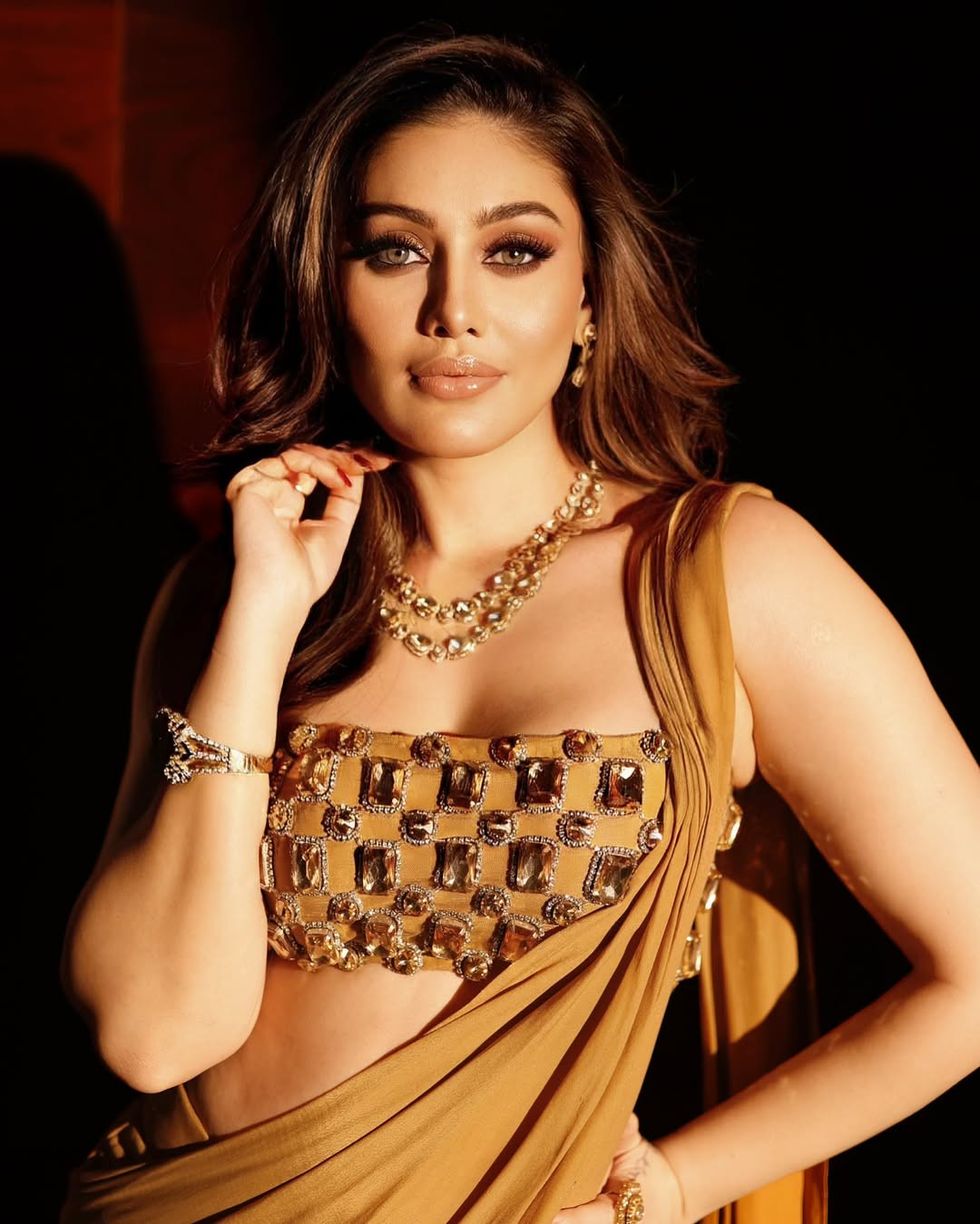 Shefali Jariwala dies at 42 after cardiac arrest, industry mourns Kaanta Laga starInstagram/
Shefali Jariwala dies at 42 after cardiac arrest, industry mourns Kaanta Laga starInstagram/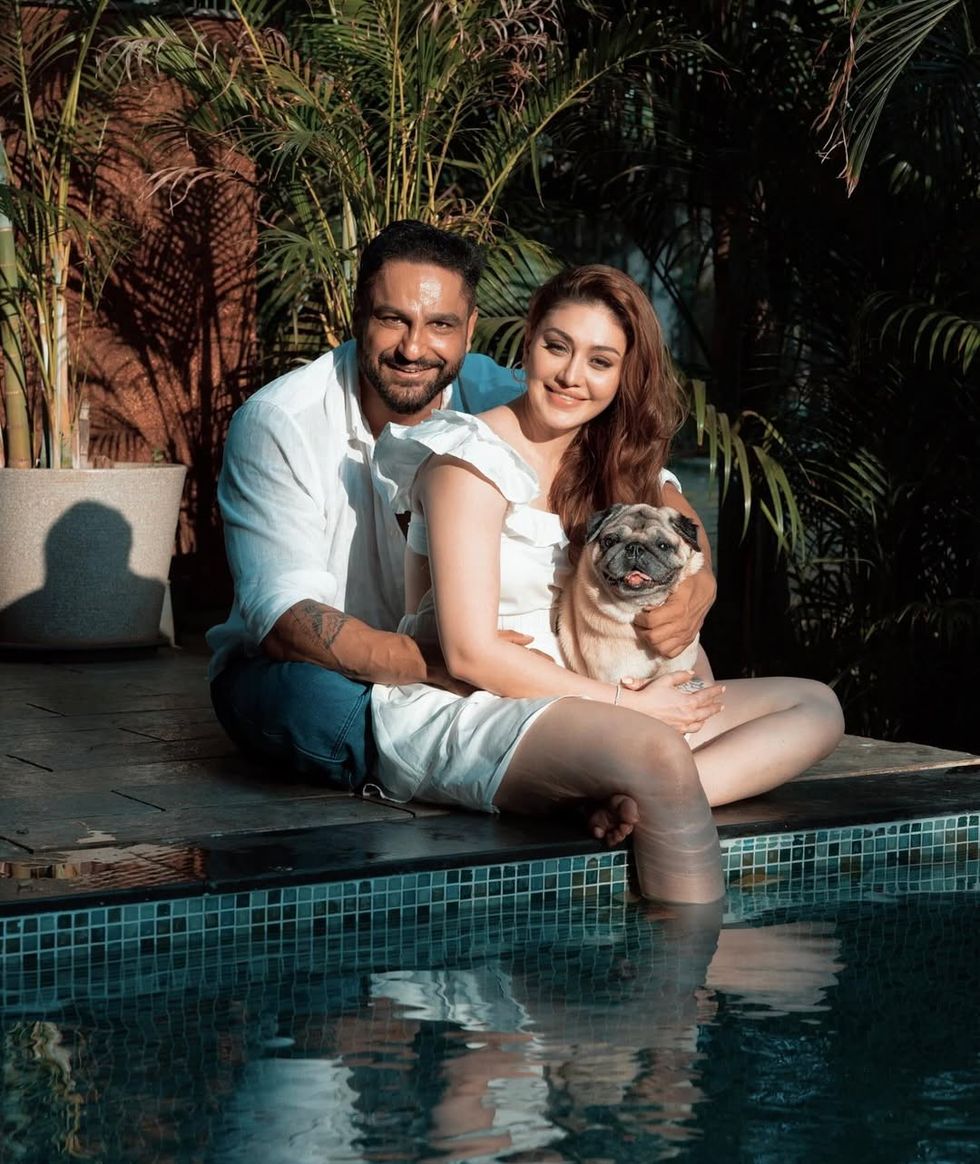 Shefali Jariwala was married to actor Parag Tyagi,Instagram/
Shefali Jariwala was married to actor Parag Tyagi,Instagram/
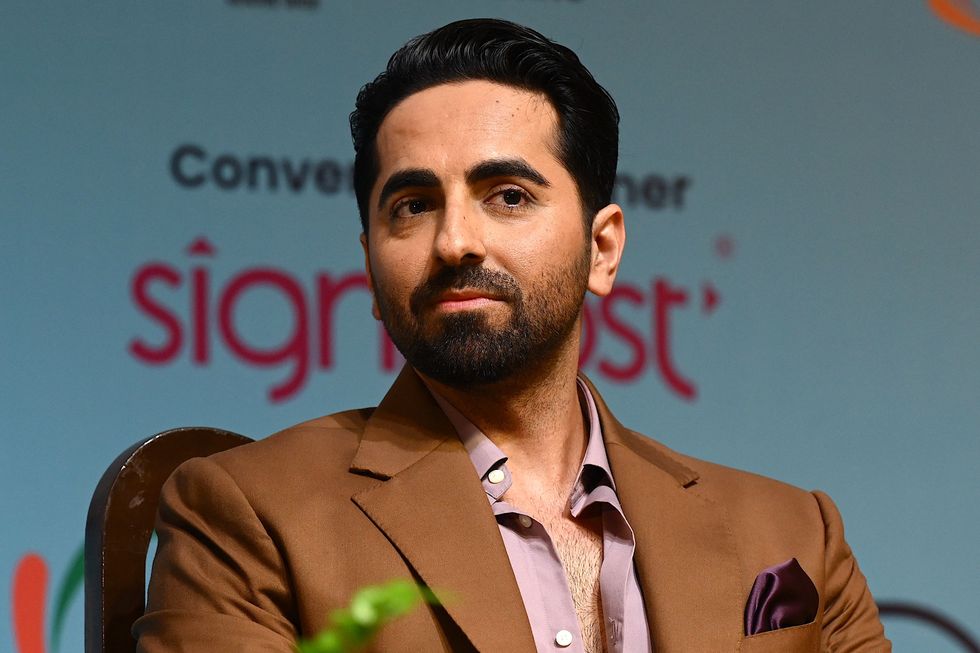 Ayushmann Khurrana attends an event at the FICCI Frames 2024 Getty Images
Ayushmann Khurrana attends an event at the FICCI Frames 2024 Getty Images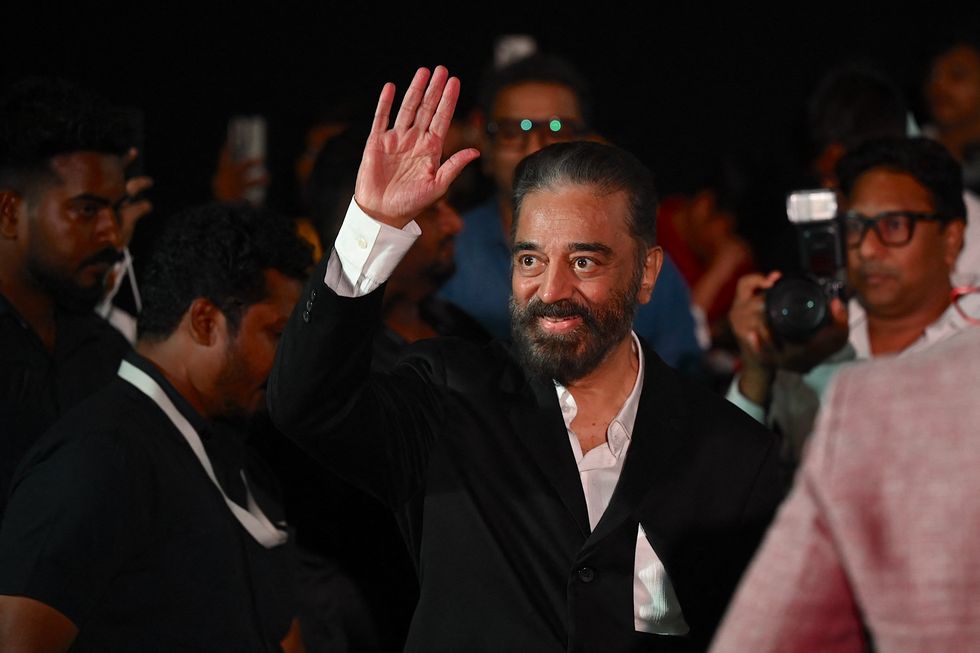 Kamal Haasan waves as he attends a press conference for 'Thug Life'Getty Images
Kamal Haasan waves as he attends a press conference for 'Thug Life'Getty Images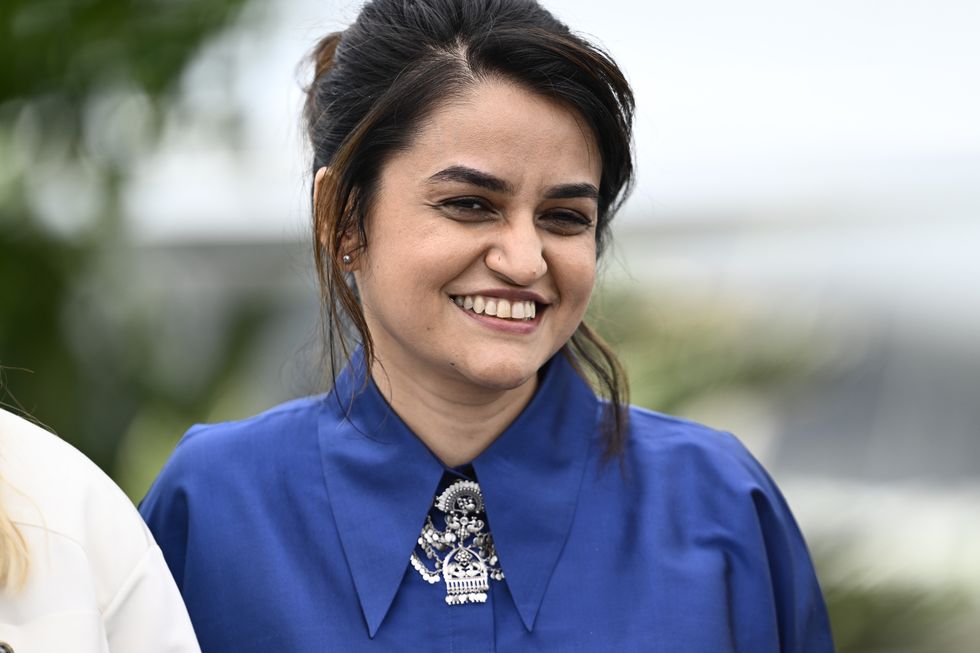 Payal Kapadia smiles during the Jury photocall at the 78th annual Cannes Film FestivalGetty Images
Payal Kapadia smiles during the Jury photocall at the 78th annual Cannes Film FestivalGetty Images